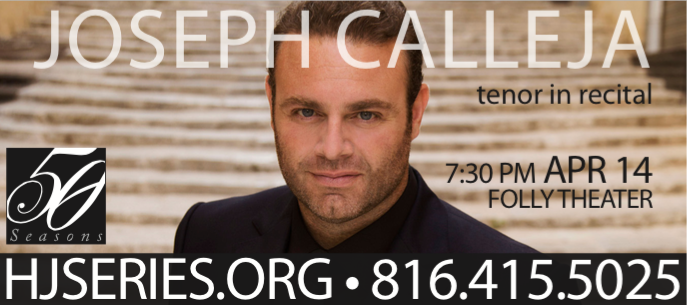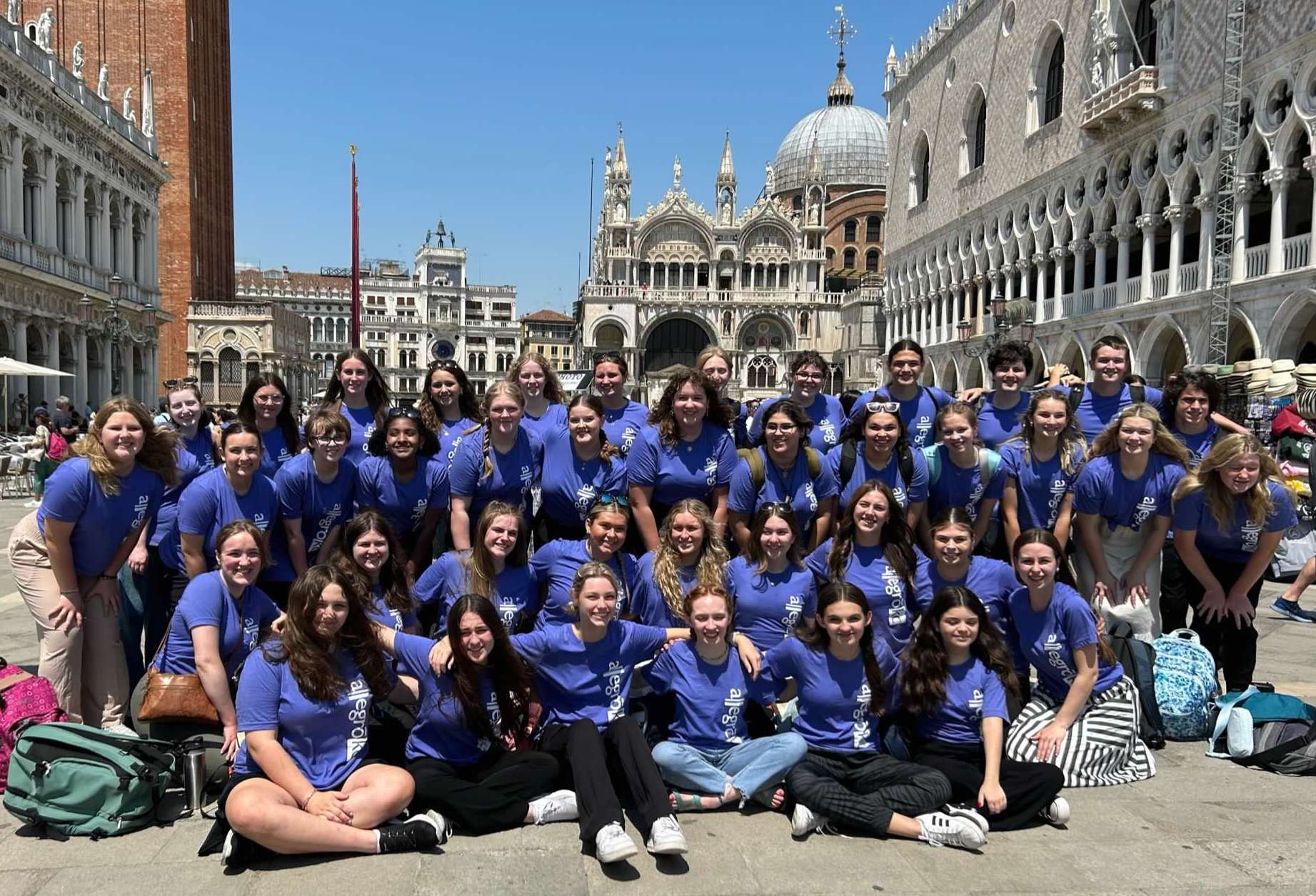BEL CANTO, OR CAN BELT-O? Met tenor will bring freshness, classic vocal style to Harriman-Jewell Series
By Paul Horsley
One of the opera world’s newest stars hails from the oldest of places. The singer whom the New York Times called “the real thing, a tenor who naturally combines plaintive sound with burnished intensity” grew up on Malta, a tiny island whose 7,000 years of history has included Greeks, Phoenicians, Romans, Arabs, Napoleon, and the British, not to mention St. Paul’s famous shipwreck on its coast.
So perhaps it’s apt that the vibrant Metropolitan Opera celebrity Joseph Calleja, who sings on the Harriman-Jewell Series on April 14th, has been compared to historic tenors of old: maybe not 7,000-year-old voices but singers such as Enrico Caruso or Beniamino Gigli, known for sunny muscularity, rapid vibratos and a sort of tensile spontaneity that made each sound different. (In fact, Joseph appears briefly in the role of Caruso in James Gray’s 2013 film The Immigrant, in the re-creation of an actual performance the Neapolitan tenor took part in on Ellis Island in 1921.)
But that summary would be to grasp only part of Joseph Calleja [ca-LEH-ya], whose ultimate goal is, quite simply, to sing beautifully. That’s what bel canto means, the 37-year-old tenor reminded us recently, speaking from his home on the Mediterranean island-nation that (at 122 square miles in size) is smaller than Metro KC and has, by the estimation of many, the best climate in the world. “My teacher was very keen to instill in me the respect of ‘the line’ that the old masters had,” Joseph said of Maltese tenor Paul Asciak, whose tutelage he sought as a teen. “So in that respect, yes, I definitely try to emulate the older-style singers, but together with the modern responsible approach of following what the composer has written in the score.”
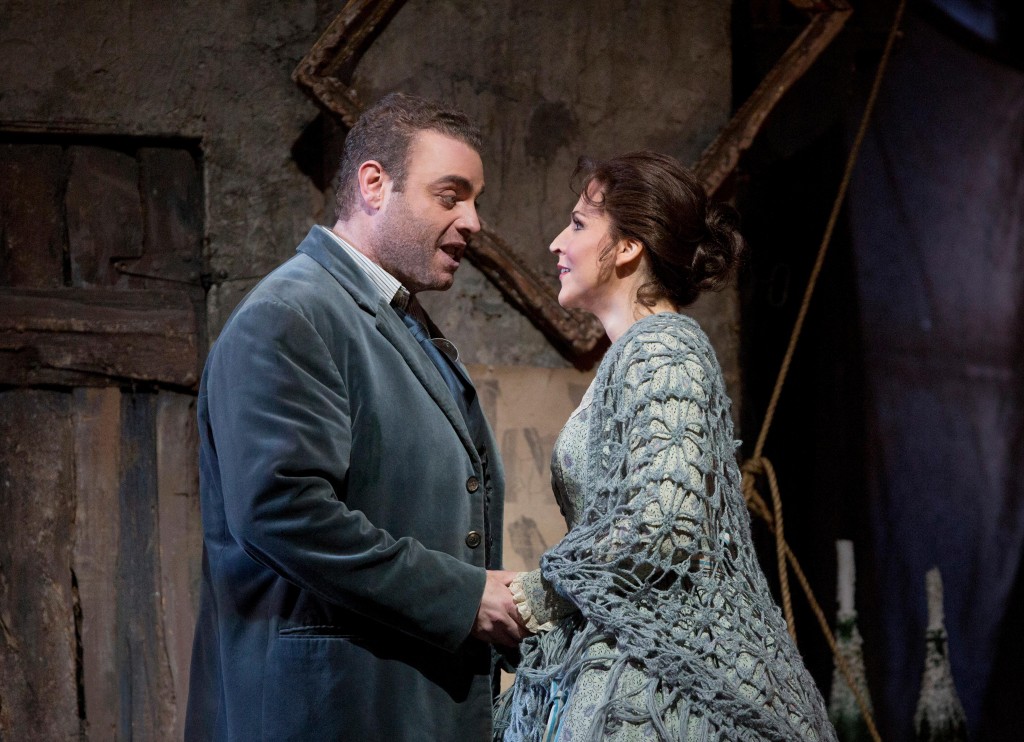
The kind of vocal freedom Joseph refers to was alive and well in the 19th century, when opera was so popular that “it was common for the grocer and the blacksmith to have fights about who had the greatest legato,” Joseph said. When the great Romantic composers such as Donizetti, Bellini and Verdi were alive “they themselves suggested changes,” Joseph said, “because they were smart enough to realize that voices are not ‘one size fits all.’ They realized that different voices have different, well … not flaws, we’ll call them idiosyncrasies.”
Italian conductor Riccardo Chailly, who has worked closely with most of the great singers of the last half-century, was immediately drawn to Joseph’s unique vocalism. “I thought that I was encountering a kind of new voice,” the conductor said in an interview in conjunction with the singer’s 2004 debut CD on Decca, which Riccardo conducted: “a voice that could match the past traditions … of singing at the turn of the century with the taste of today’s music-making. And I think the combination makes a rare accent on Italian style.”
Clark Morris, the Harriman’s Executive and Artistic Director, was excited to nab Joseph as part of the 50th anniversary season of a Series that is known worldwide for its singers. “The first time I listened to it, I was really struck by the voice: a distinctive and attractive lyric voice,” said Clark, who together with the Series’ late founder Richard Harriman has presented dozens of tenors through the years, from Pavarotti to Flórez. “I enjoy artists from all across the spectrum. I don’t pick favorites, and Richard didn’t really pick favorites, either. I just ask, Do I fall in love with the voice? And if I fall in love with the voice, then I’m happy.”
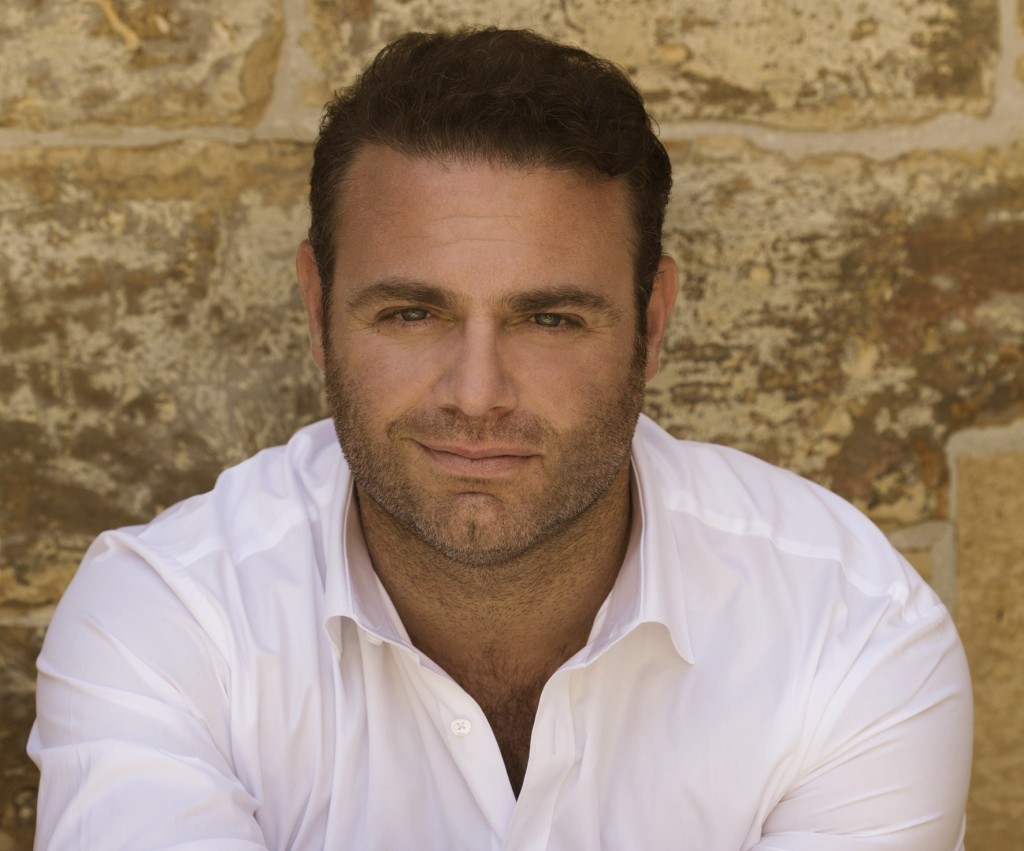
Joseph’s program here includes songs by Tchaikovsky, Tosti and others but also draws from the opera repertoire for which he is celebrated. It’s the Harriman way. “We have to have arias in every program,” Clark said. “In fact our contract states that we have to have at least three arias.” Among those Joseph will sing are Macduff’s searing “Ah, la paterna mano” from Verdi’s Macbeth and the perennial “E lucevan le stele” from Puccini’s Tosca.
Joseph emphasized the importance of proper, natural singing but also stressed that healthy living is vital to a career, which in his case started at age 19. And it doesn’t hurt that he’s able to use sunny Malta as a refuge and respite. “I think that the sun and the heat are conducive to a healthy tenor voice,” said the singer, who was just coming off a rare flu strain that caused cancellations at Munich’s Bavarian State Opera, “in the sense that exposure to it releases endorphins and Vitamin D boosts your immune system.”
It’s more than just physical environment, of course: “Being home, surrounded by love, surrounded by good family and friends, just supports it more. … This kind of asylum gives me the boost I need when I’m feeling a bit low and tired, or need to recuperate from something.” He also alluded to his pride in the powerful sense of history in Malta, from ancient times to its strategic role in controlling the North African Front during World War II. “This is not just a pretty island, but a pretty island with something to say.”
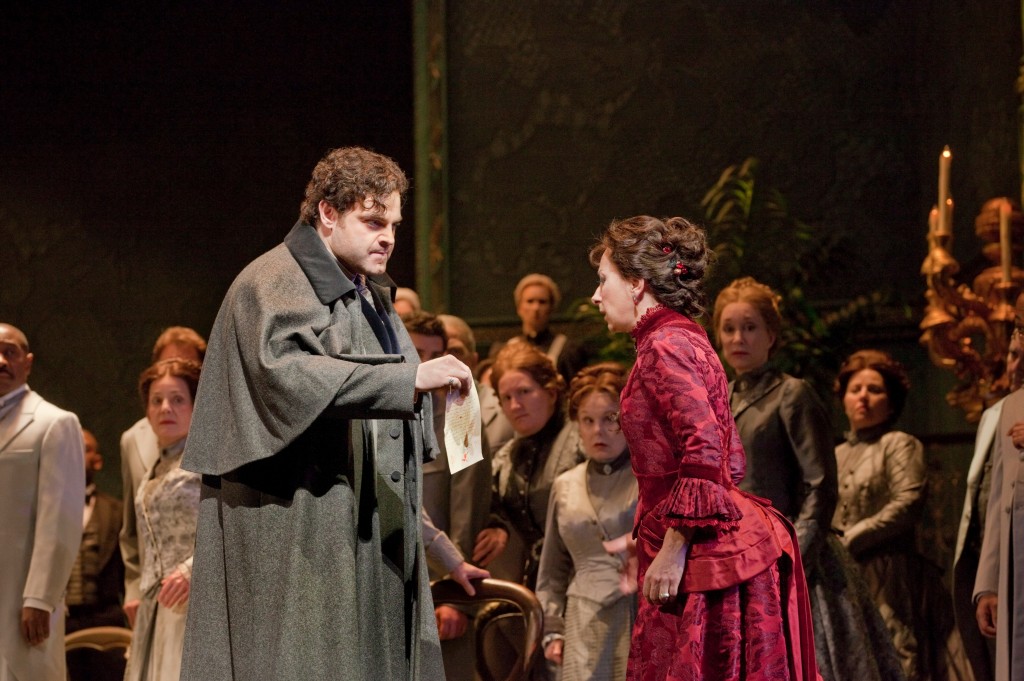
The opera world is full of vicissitudes, and when several singers (including soprano Anna Netrebko) cancelled appearances at the Richard Tucker Foundation Gala last fall with its high-pressure Live from Lincoln Center telecast, Joseph was called upon to fill the voice by singing more than his fair share of bell-ringing arias, a task he brought off brilliantly.
“In those moments you just close your eyes and rely on your experience and your voice, and take the plunge,” he said. “It is more pressure if I take time to think about it. … Once I’m onstage I try to block everything out and sing. … Because at the end of the day it’s supposed to be a pleasurable transaction: a pleasure for the person expressing the emotion, and a pleasure for the listener who is receiving the emotion. It’s that sensation you’re going for. If the transaction becomes labored, then the pleasure factor goes away. … You can’t lose sight of the fact that at the end of the day this is a transaction of emotions.”
As for the constant comparisons to Caruso and other tenors of the past, he said he’s used to it but prefers to be discussed on his own merits. “At the end of the day, do I have an ‘old’ voice, an old-style voice? I don’t know. Yes, in the sense that I try to give more attention to the bel canto aspect of the line … things that sometimes get skimmed over so that becomes more about the can belt-o than the bel canto.”
And what about The Immigrant: Did director James Gray ask Joseph to try to “sound like” Caruso for the film? “If I could sound like Caruso, I would have been doing it from the start of my career,” he said with a hearty laugh.
For tickets to Joseph’s April 14th recital, call 816-415-5025 or go to hjseries.org.
Top of page: Joseph Calleja in Malta, photo by Simon Fowler / Decca
To reach Paul Horsley, performing arts editor; send an email to phorsley@sbcglobal.net or find him on Facebook or Twitter (@phorsleycritic).
[slider_pro id=”2″]
[slider_pro id=”3″]
Features
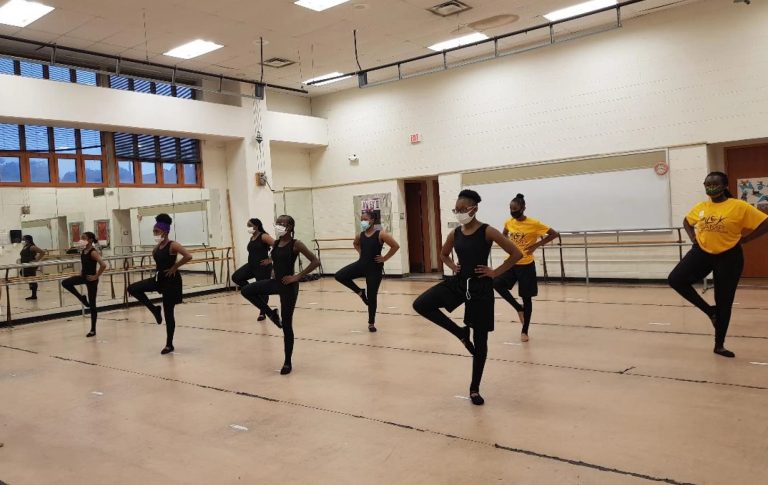
Tyrone Aiken danced prodigiously as a youth, trained at The Ailey School as a young adult, worked as a professional dancer at the height of the New York dance ferment,…
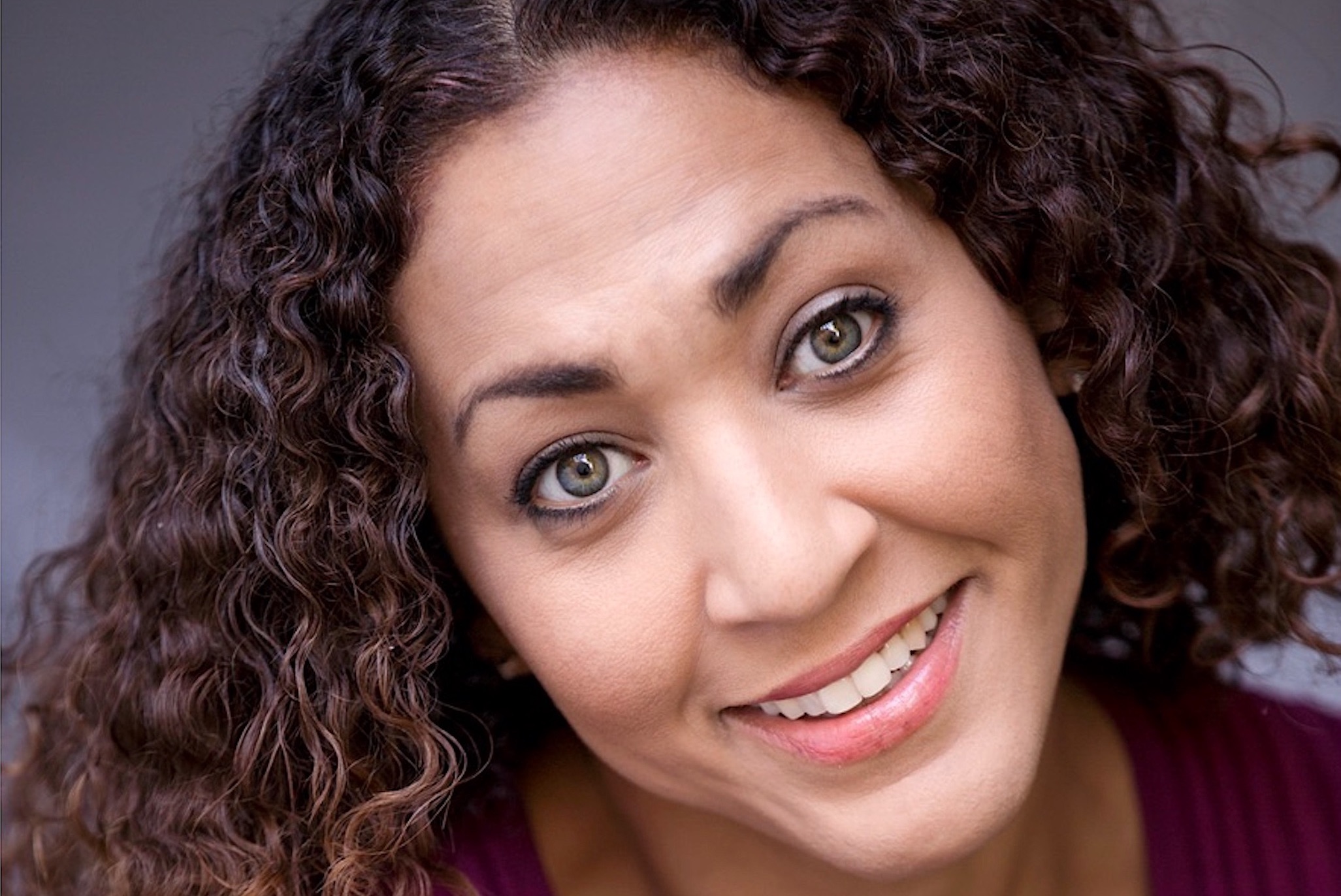
CAROLINE DAHM Dancer, choreographer, producer, master teacher, adjunct dance professor at The UMKC Conservatory, assistant director at Wylliams/Henry Contemporary Dance Company What I love about the Kansas City performing-arts scene: Kansas…
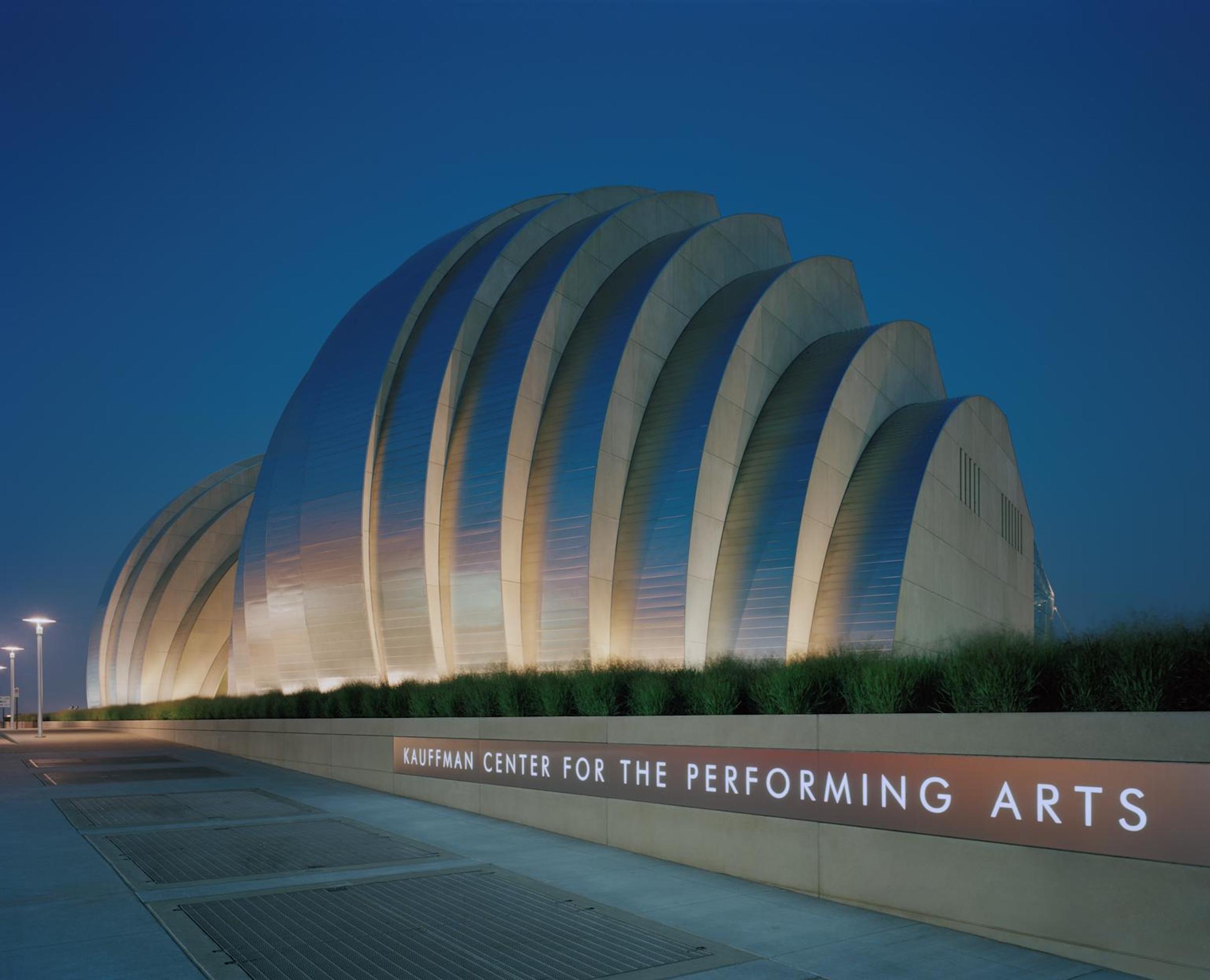
It’s difficult to remember what the Kansas City skyline looked like 20 years ago, before the Kauffman Center for the Performing Arts began to take shape at 16th and Broadway.…


